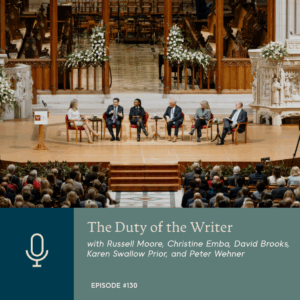It’s reported that President Obama was ready to order a military strike against Syria, with or without Congress’s blessing, but “on Friday night, he suddenly changed his mind.” According to the Huffington Post:
Senior administration officials describing Obama’s about-face Saturday offered a portrait of a president who began to wrestle with his own decision – at first internally, then confiding his views to his chief of staff, and finally summoning his aides for an evening session in the Oval Office to say he’d had a change of heart.
In light of all this, it’s worth posing a few questions:
1. Why didn’t the president seek congressional authority before the administration began to beat the war drums this past week? Did the idea not occur to him? It’s not as if this is an obscure issue. When you’re in the White House and preparing to launch military force against a sovereign nation, whether or not to seek the approval of Congress is usually somewhere near the top of the to-do list.
And why has the urgency to act that we saw from the administration during the last week–when Assad’s use of chemical weapons was referred to by the secretary of state as a “moral obscenity”–given way to an air of casualness, with Obama not even calling Congress back into session to debate his military strike against Syria?
2. The president didn’t seek congressional approval for his military strike in Libya. Why does he believe he needs it in Syria?
3. Mr. Obama, in his Rose Garden statement on Saturday, still insisted he has the authority to strike Syria without congressional approval. So what happens if Congress votes down a use-of-force resolution? Does the president strike Syria anyway? If so, will it be an evanescent bombing, intended to be limited in scope and duration, while doing nothing to change the war’s balance of power? Or does the president completely back down? Does he even know? Has he thought through in advance anything related to Syria? Or is this a case of Obama simply making it up as he goes along?
This latest volte-face by the president is evidence of a man who is completely overmatched by events, weak and confused, and deeply ambivalent about using force. Yet he’s also desperate to get out of the corner he painted himself into by declaring that the use of chemical weapons by the Assad regime would constitute a “red line.” As a result he’s gone all Hamlet on us. Not surprisingly, Obama’s actions are being mocked by America’s enemies and sowing doubt among our allies. (Read this New York Times story for more.)
What explains this debacle? It’s impossible for us to know all the reasons, but one explanation appears to be a CYA operation.
According to Politico, “At the very least, Obama clearly wants lawmakers to co-own a decision that he can’t back away from after having declared last year that Assad would cross a ‘red line’ if he used chemical weapons against his own people.” And the Washington Post reports:
Obama’s proposal to invite Congress dominated the Friday discussion in the Oval Office. He had consulted almost no one about his idea. In the end, the president made clear he wanted Congress to share in the responsibility for what happens in Syria. As one aide put it, “We don’t want them to have their cake and eat it, too.”
Get it? The president of the United States is preparing in advance to shift the blame if his strike on Syria proves to be unpopular and ineffective. He’s furious about the box he’s placed himself in, he hates the ridicule he’s (rightly) incurring, but he doesn’t see any way out.
What he does see is a political (and geopolitical) disaster in the making. And so what is emerging is what comes most naturally to Mr. Obama: Blame shifting and blame sharing. Remember: the president doesn’t believe he needs congressional authorization to act. He’s ignored it before. He wants it now. For reasons of political survival. To put it another way: He wants the fingerprints of others on the failure in Syria.
Rarely has an American president joined so much cynicism with so much ineptitude.
Peter Wehner is a senior fellow at the Ethics and Public Policy Center.

